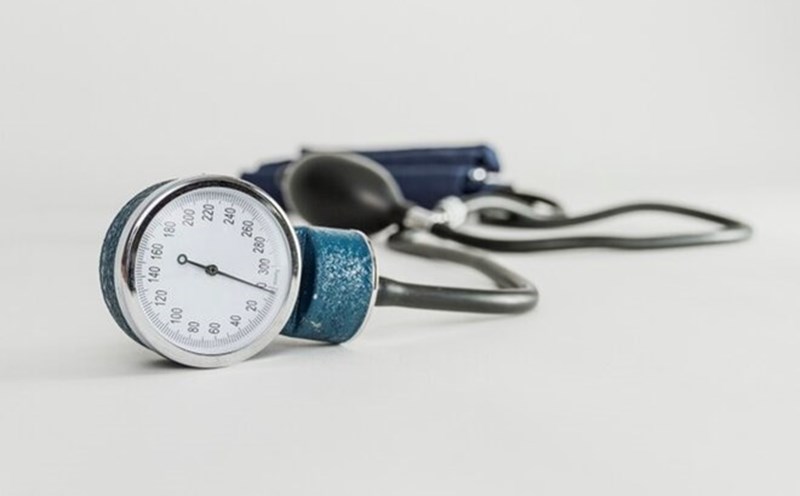Arthritis and cardiovascular health
Curcumin is the main bioactive in turmeric, which is known for its powerful anti-inflammatory and antioxidant properties. According to Dr. Arvind Das, Senior Director and Head of Cardiology at Max Hospital (Gurugram, India), curcumin can help improve endothelial function and the normal dilation of blood vessels. This function is important for maintaining stable blood pressure and limiting atherosclerosis.
Dr. Arvind Das says curcumin helps reduce oxidative stress, which is a contributing factor to high blood pressure and supports smooth blood circulation. Thanks to that, regular use of turmeric in the diet can have a positive impact on blood pressure, especially during the prevention period.
Does turmeric really help lower blood pressure?
Although turmeric is not a medicine to treat blood pressure, if used properly in daily meals, turmeric can contribute to supporting cardiovascular health. Skin should be considered a supportive factor, not a substitute for medication or advice from a doctor, emphasizes Dr. Das.
It is important not to overuse turmeric, especially as a dietary supplement, especially for those who are being treated for cardiovascular disease or high blood pressure.
How much turmeric is safe?
Cooking powder: About 1/2 to 1 teaspoon per day (equivalent to 25 grams) is a safe dose for most adults.
Curcumin extract: Supplements often contain a dose of 500 1000mg of curcumin per day, but you should consult your doctor before using.
Using turmeric in cooking is safe for the majority of people. However, high doses over a long period of time can cause bloating, nausea, and even affect the liver or gallbladder in some sensitive cases.
People taking medicine should be careful
If you are taking blood pressure medication or anticoagulants, be careful when taking high doses of turmeric or curcumin. Curcumin can enhance the effects of these drugs, increasing the risk of excessive blood pressure or bleeding. Therefore, consulting a doctor is mandatory if you are being treated for cardiovascular, liver or stomach disease before using turmeric as a functional food.









